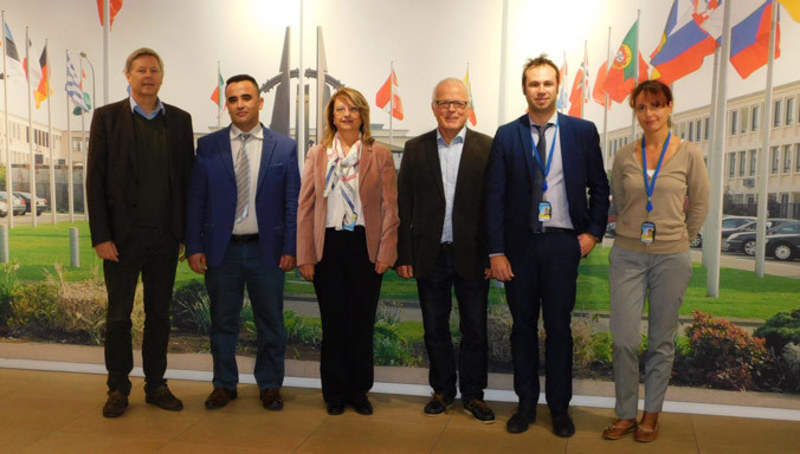
Nato Science for Peace and Security (SPS) Programme has partnered with Algeria to design and develop a detection system that will provide protection against threats posed by terrorists.
The multi-year research project will involve participation from Université Savoie Mont Blanc in France, Ecole Militaire Polytechnique in Algeria and KTH Royal Institute of Technology in Sweden.
A terahertz (THz) imaging and detection system able to detect hazardous objects such as concealed weapons or explosives will be developed as part of the scientific cooperation initiative.
Université Savoie Mont Blanc professor Jean-Louis Coutaz said: “THz frequency range is a scientific field that has seen rapid technological advances and growth in interest for its potential application in a number of domains, ranging from security, imaging, detection, and product inspection to chemical spectroscopy, astronomy, telecommunication, material characterisation and medical applications.”
The new system will be initially installed at the Ecole Militaire Polytechnique of Bordj El Barhri in Algeria.
Senior SPS and Partnership Cooperation advisor Dr Deniz Beten said: “This SPS project, for the first time, will provide terahertz imaging capabilities for Algeria. This will enable scientific research in this field, fostering a generation of young scientists from Algeria.”
In addition to providing technological solutions to support the fight against terrorism, the SPS project will contribute to Nato’s efforts to project stability beyond alliance borders.
Swedish professor Fredrik Laurell said: “By building expert networks, north to south, this activity will help to develop scientific skills and technology to counter emerging threats.”



